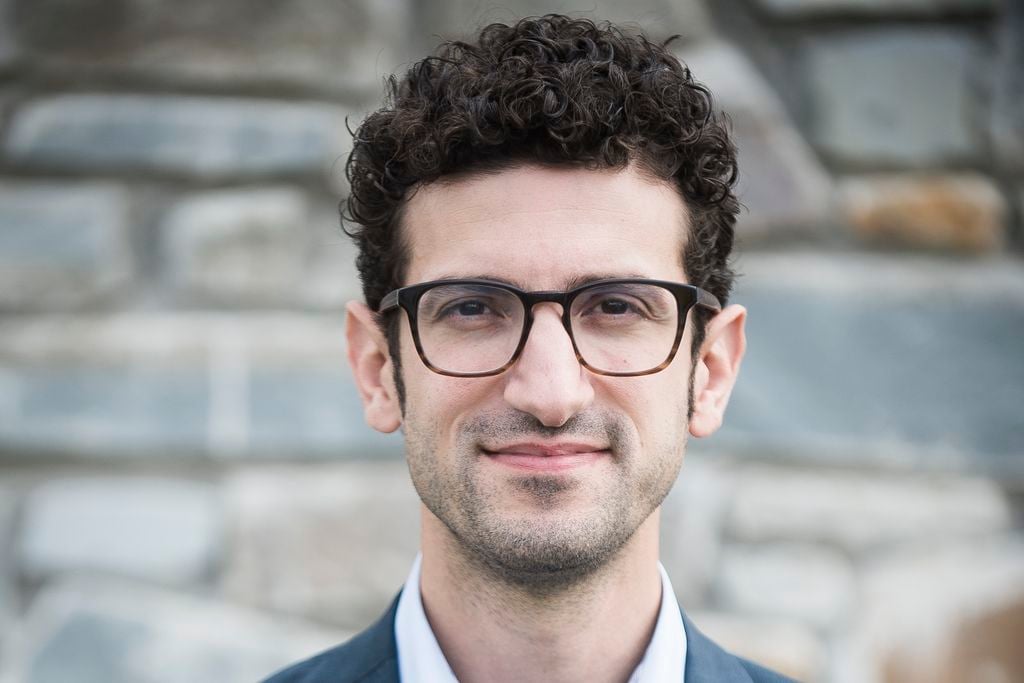Stakeholder
For affordable and sustainable energy, go local
At a time when energy independence has become an urgent priority and the European Union has announced a “whatever it takes” strategy in response to the Russian threat, European capitals are leaning into nationalist reflexes.
The answer so far has been martial and centralised.
Yet the real transformation is happening at the local level: instead of retreat, cities and municipalities are betting on cooperation and innovation. Long before this latest crisis, they had already built alliances, pooled resources and developed place-based solutions — demonstrating that the energy transition is first and foremost about solidarity and action close to citizens.
With almost 70 million Europeans facing energy poverty, local authorities did not need a geopolitical shock to start acting.
They have been designing energy supply solutions that are local, sustainable and accessible to all. These initiatives are living laboratories for pragmatic, forward-looking ideas.
Game-changer: local heating and cooling plans
Since October 2023, the European Union has equipped itself with a powerful new lever to accelerate the shift towards local, decarbonised energy: the adoption of Local Heating and Cooling plans. The Energy Efficiency Directive requires member states to support local authorities in preparing such plans.
Yet, two years on, only a handful of governments have translated this obligation into national frameworks backed by adequate support measures.
Energy Cities’ latest EU Tracker shows the persistent gap between the transformative potential of local heating and cooling plans and the lack of national backing for local authorities. Yet, some cities are taking action.

'Across Europe, we are many cities moving forward and finding innovative solutions to secure energy that is both affordable, renewable and local. In urban as well as rural areas, elected representatives are developing solutions to strengthen local resilience. With adequate EU and national support, these actions could become powerful levers for our collective energy security'
In the Netherlands, cities large and small — from Rotterdam to Arnhem — are already disconnecting households from the natural gas grid.
Alternatives such as district heating are delivering energy that is local, affordable and readily available.
When cities like Vienna or Maribor plan their renewable local energy supply, they are doing so both to secure their own energy independence and to guarantee stability and affordability for their citizens.
In Germany, all municipalities with more than 10,000 inhabitants are required to develop a heat supply plan.
These initiatives embody a collective dynamic, bringing together local institutions, industrial actors and citizen-consumers. They demonstrate that energy and democracy go hand in hand in strengthening Europe’s resilience.
As debates focus on new military spending and the EU remains the fourth-largest buyer of Russian fossil fuels (the EU imported €4.4bn worth of Russian gas in first half of 2025), it is more urgent than ever to reinforce and replicate the actions led at local level.
There, decision-makers will find concrete answers for building affordable, locally anchored energy systems — answers that enjoy the full support of citizens.
Cities and municipalities remain the level of governance closest to social and economic realities. As the EU prepares its next budget, it is time for the voices of cities to be heard.
Disclaimer
This article is sponsored by a third party. All opinions in this article reflect the views of the author and not of EUobserver.Author Bio
Nicolas Raimondi is project manager and policy coordinator for fossil-free districts at Energy Cities.
Tags
Author Bio
Nicolas Raimondi is project manager and policy coordinator for fossil-free districts at Energy Cities.